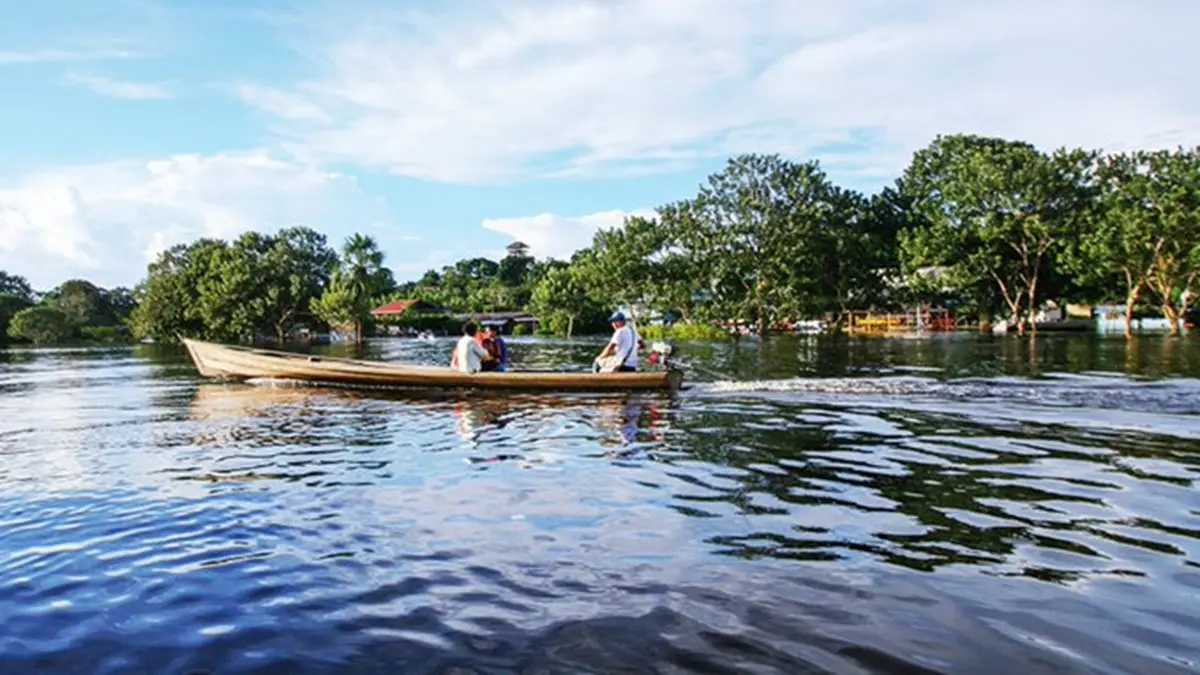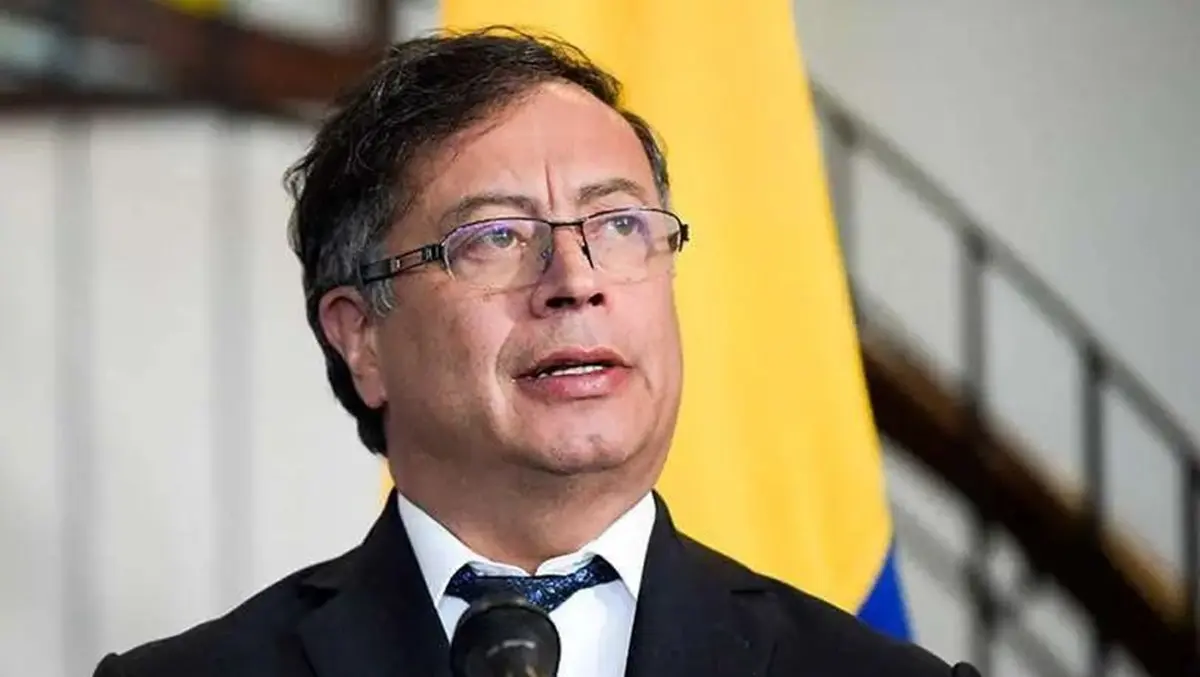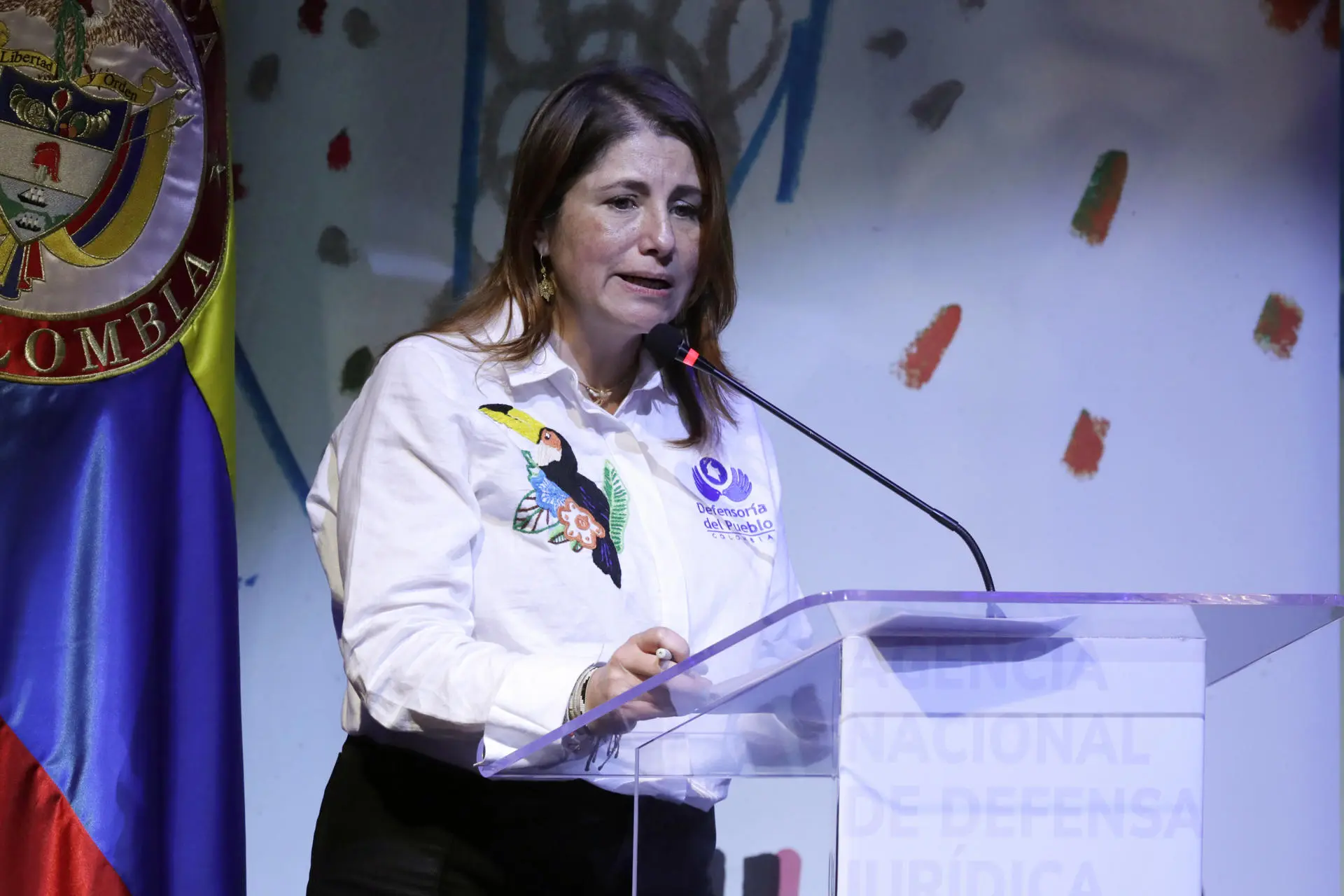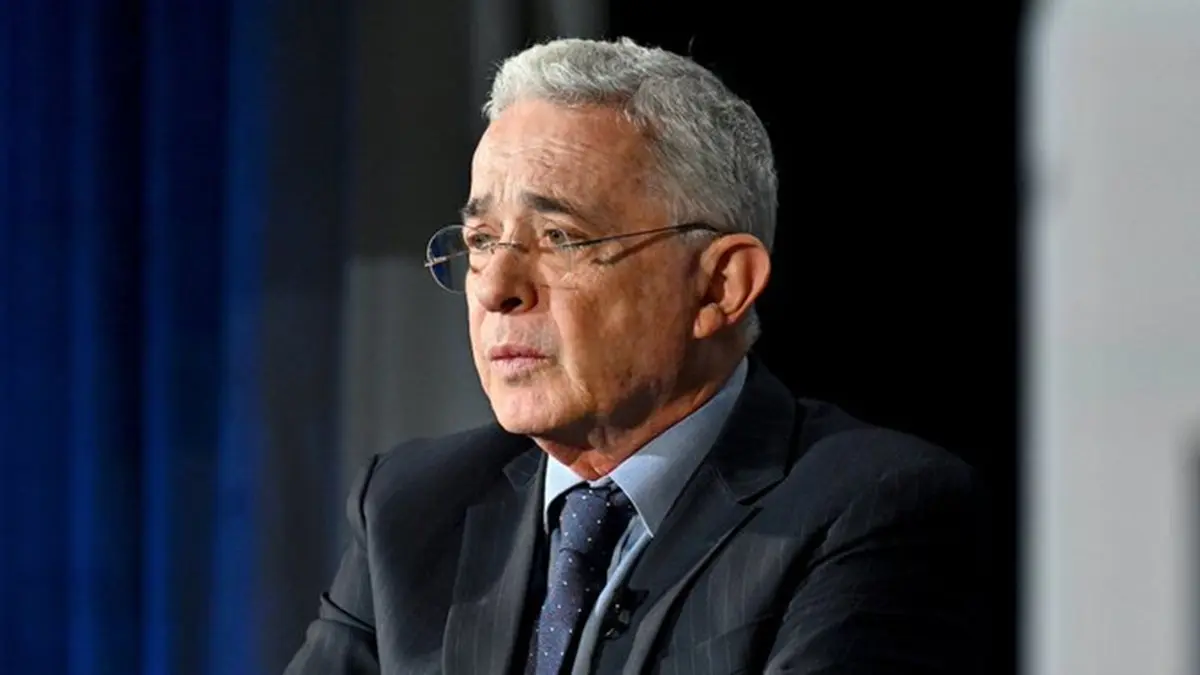Colombia Reafirms Sovereignty Over the Santa Rosa Island
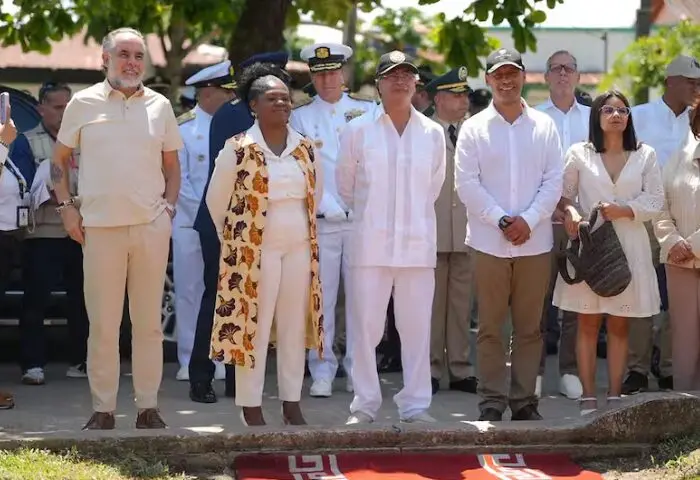
August 7, 2025 Hour: 6:37 pm
Colombian President Gustavo Petro declared Thursday that his government does not recognize Peru’s sovereignty over Santa Rosa Island, a disputed Amazonian territory near the tri-border zone with Brazil. Speaking from Leticia, the Colombian city facing the island, Petro accused Peru of violating the 1934 Rio de Janeiro Protocol, which ended a war between the two nations and established river-based boundaries.
RELATED:
Brazilian Indigenous Women March Demanting Reproductive Health Access and Land Rights
Petro criticized Peru’s unilateral creation of the Santa Rosa de Loreto district in June, arguing that the island emerged after the 1929 island assignment and therefore must be jointly evaluated. “The so-called Santa Rosa Island has not been assigned to either republic,” Petro said, adding that Colombia has technical and scientific evidence proving the island is not an extension of Peru’s Chinería Island.
The Colombian president emphasized that Article 12 of the Rio Protocol guarantees free navigation on the Amazon River, and Peru’s demand that vessels register in Santa Rosa violates that principle. He warned that such actions could undermine Leticia’s role as a commercial port, threatening regional integration and local livelihoods.
Petro also rejected the legitimacy of Peruvian authorities operating on the island, calling their presence “unacceptable” and harmful to border communities. He announced Colombia’s intention to reactivate the Permanent Joint Commission for Border Inspection (COMPERIF) and accepted Peru’s invitation for bilateral talks scheduled for September 11–12 in Lima.
The dispute comes amid broader tensions over natural resource control and strategic territory in the Amazon. Petro warned that unresolved border issues could benefit organized crime, particularly drug trafficking networks, which exploit weak state presence in the region.
Peru, for its part, maintains that Santa Rosa has always been under its jurisdiction, citing the Salomón-Lozano Treaty of 1922 and subsequent demarcation efforts. The Peruvian Foreign Ministry issued a strong protest, reaffirming its sovereignty and rejecting Colombia’s claims as “misinformed and unfounded”.
The island, home to around 3,000 residents, has long relied on Leticia for education, healthcare, and commerce. Local leaders say the recent district designation aims to improve public services, not provoke territorial disputes. However, Colombia argues that any newly formed islands must be assigned through mutual agreement, as outlined in the Rio Protocol.
Petro’s decision to relocate Independence Day celebrations from Boyacá to Leticia was seen as a symbolic assertion of sovereignty. “Leticia is Colombia,” he said, warning that Peru’s actions could “erase it from the map as an Amazonian port”.
While both governments have expressed willingness to engage diplomatically, the controversy has reignited historical tensions dating back to the 1932–33 Leticia War. Analysts caution that the use of social media to announce foreign policy stances may escalate the situation, urging both sides to prioritize dialogue and legal mechanisms.
Author: OSG
Source: teleSURtv


